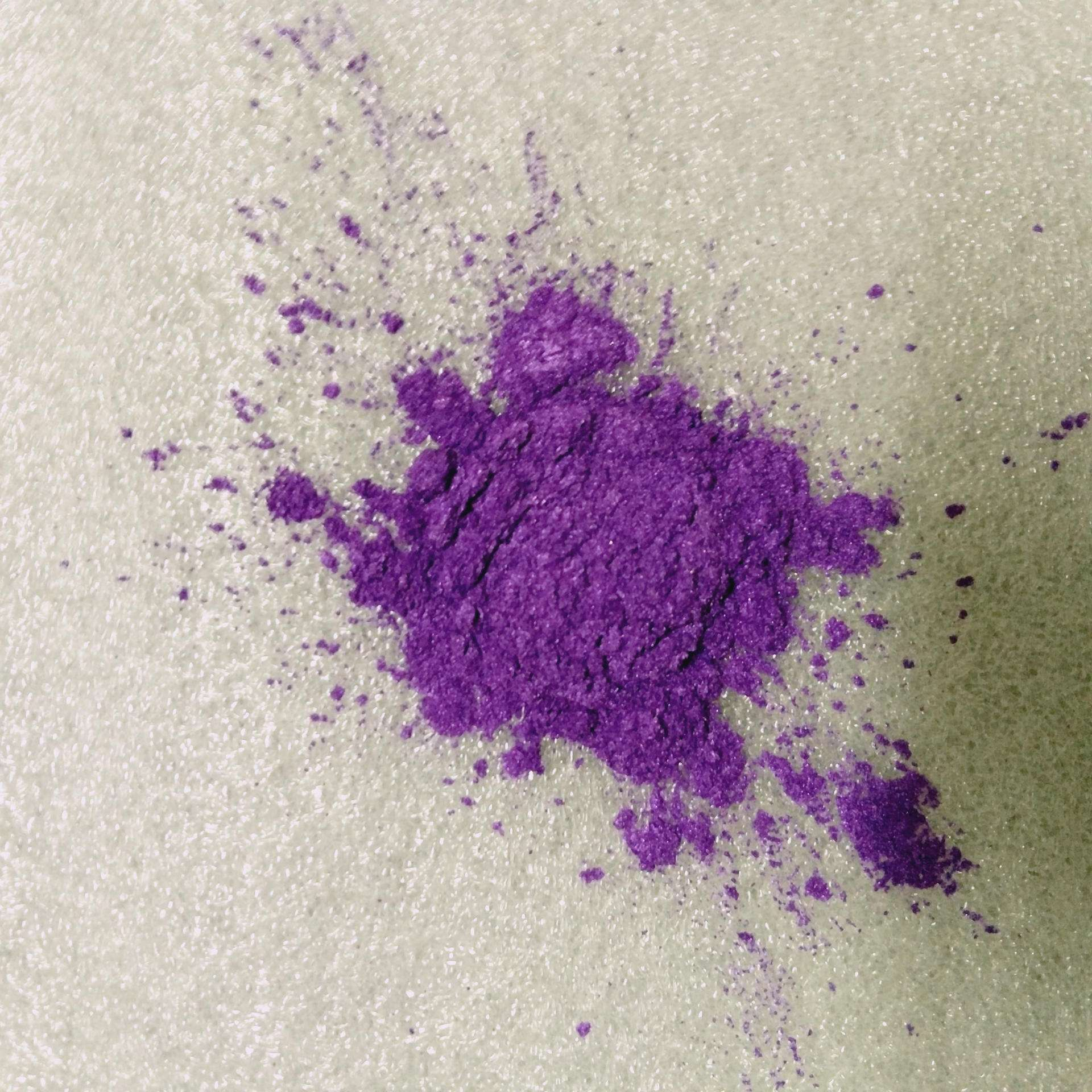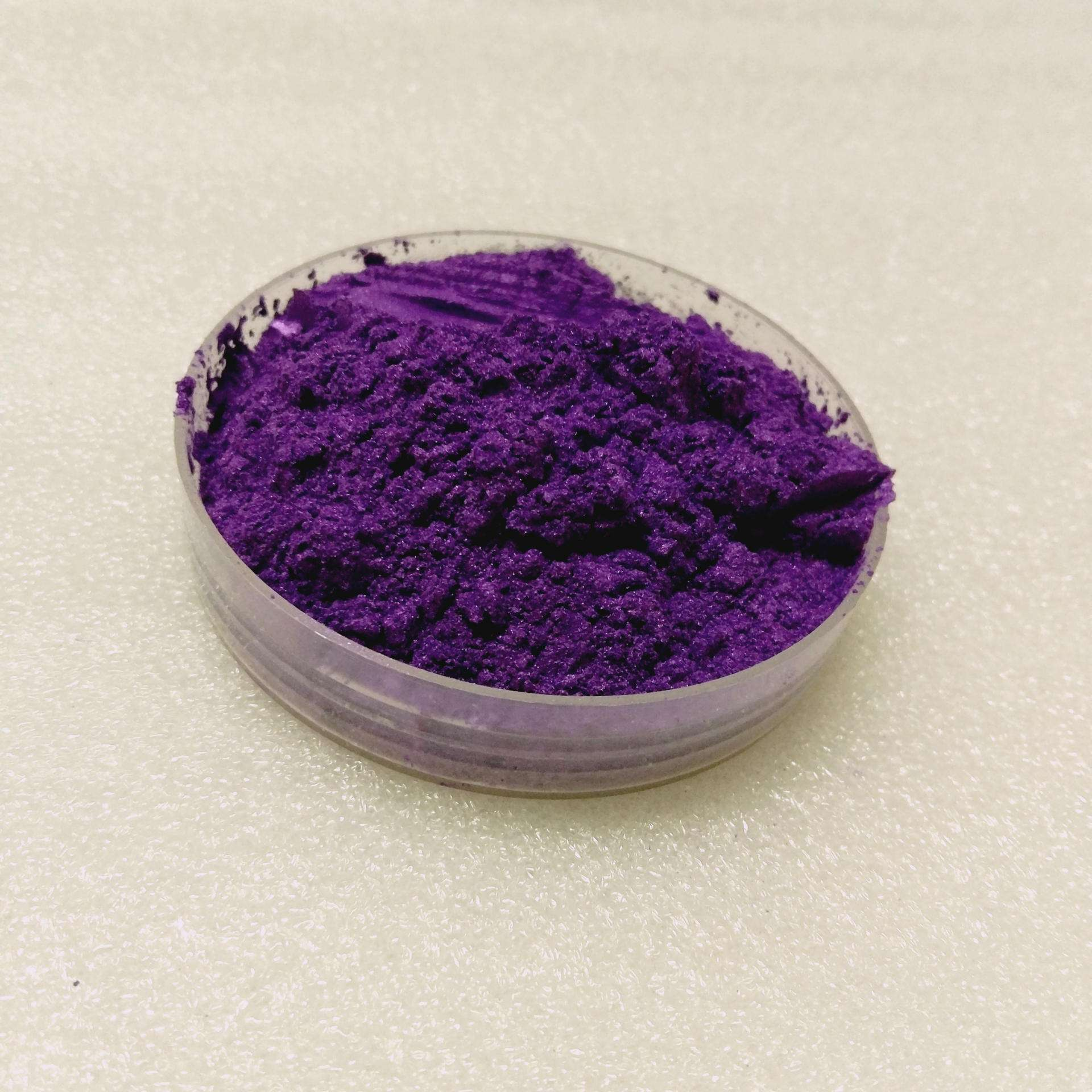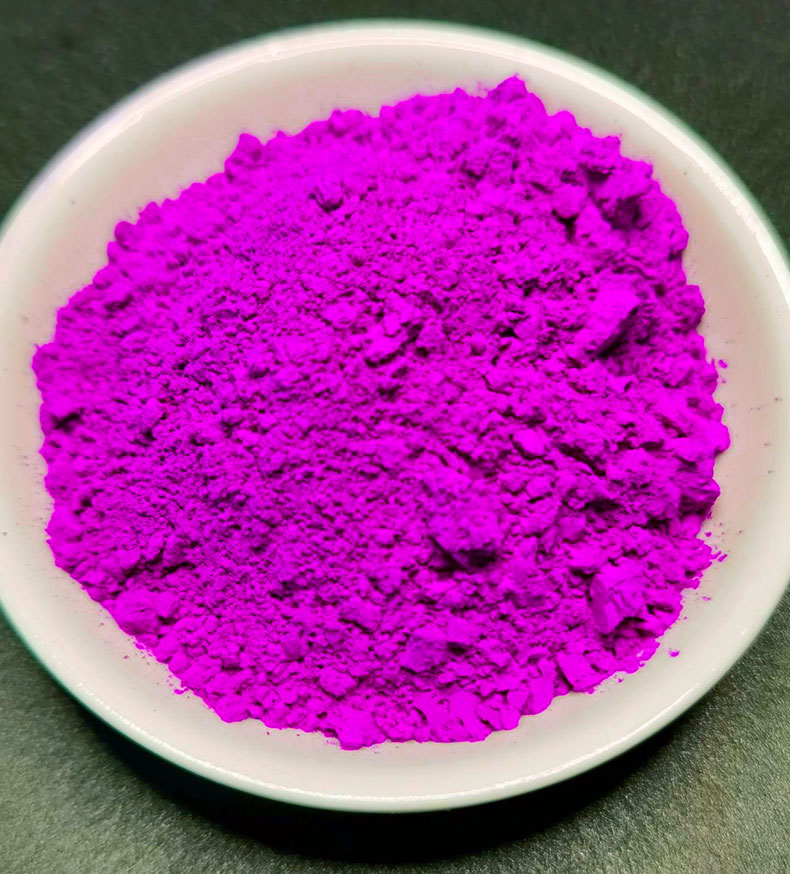Pennsylvania State University uses polymers to make fully recyclable solid-state batteries
During the recycling process, the components of existing lithium-ion batteries are mixed into a black substance. Although it contains a rich amount of materials required for the battery, it is difficult to separate them. In solid batteries, since the black substance is mixed with solid electrolytes, it is even more difficult to separate the materials. Pennsylvania State University (PSU) has redesigned the solid lithium battery and developed a fully solid battery with all components that can be easily recycled.

To promote recycling, Penn State University inserted two polymer layers between the interface of the electrode and the electrolyte. By dissolving the polymer layer during the recycling process, the electrode and the electrolyte will be prevented from mixing and can be easily separated. The recycled metal and composite solid electrolyte powder are combined through cold sintering. Cold sintering is a technique that uses solvents to apply pressure to form powdered materials into a dense shape at low temperatures. By adding a polymer layer to the cold-sintered electrode and solid electrolyte, the battery composition is rebuilt and the entire battery can be fully recycled. After testing its performance, it was confirmed that the discharge capacity of the modified battery reached 92.5-93.8% of the original battery.
The commercial development of all-solid lithium batteries is still in the early stages and has not yet reached practical use. The results of this research are expected to provide important insights and creativity for the design of recycled batteries.













